India’s Agony
The secret pandemic: The occupation of Kashmir and its impact on mental health
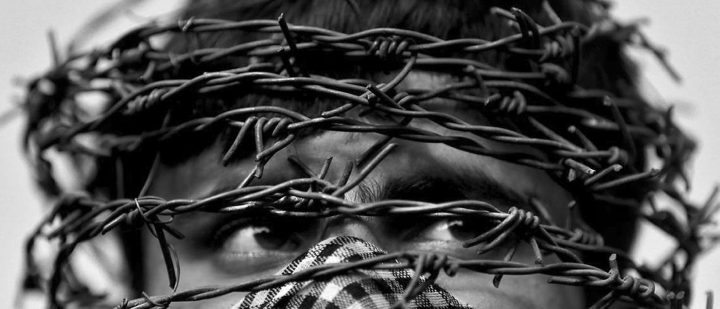
Although Covid-19 has preoccupied the world for almost a year, a global epidemic of untreated and undiagnosed mental illness is also the cause of millions of preventable deaths a year, including 10 million suicides. However, mental illness — like Covid-19 — often has social and economic determinants. In this article, a medical student from Kashmir, a state that is occupied and brutally oppressed by the Indian government, tells a personal story that reflects on the connections between military occupation, mental illness, stigma and Covid-19.
Returning home
The cacophony of familiar bird sounds fills my ears as my gaze lands upon the apple orchard just beyond my dad’s brick factory. Our neighbour just informed us that Gulrez’s body was found this morning among the apple trees next to a bottle of poison. We had grown up together on the dirt roads of Mahawara, a small village in Indian-occupied Kashmir. I had just recently returned home from Seattle. Gulrez and I had caught up a few days back. As we sipped our namak chai (salt tea) he asked me if I knew anyone that could offer him work. He was a skilled labourer, handyman and a good farmer. I joked around with him, asking how much money he has in his bank account and that I heard he had a lot but wasn’t sharing. We laughed and I told him I would ask around.
Gulrez had always been a great support to his family, especially his mother, and I always enjoyed our conversations. However, he had never been fully accepted by the community because he had a different way of thinking, talking and acting. People labelled him “pagal” (crazy) from a very young age. Some villagers teased him whenever they got the chance.
In a region already crushed by the decades of socio-political, economic and environmental conflict and military occupation, the social stigma tethered to mental health and the label of pagal, is too much for any individual to bear. We all silently knew it was just a matter of time for Gulrez. We were now in our 30s, an age when most had married. But for those labelled pagal, employment and any hope of marriage are smothered by stigma.
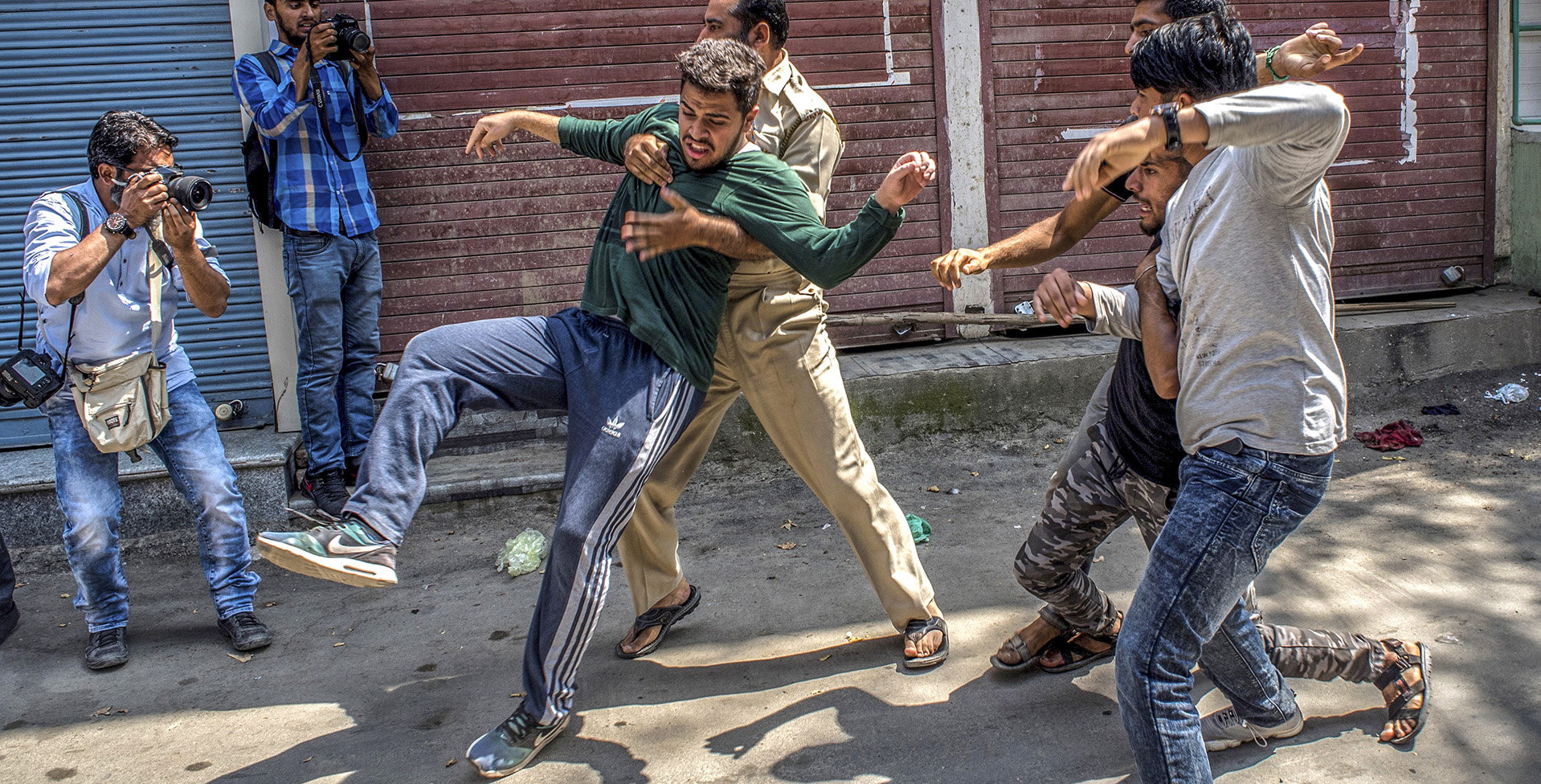
An Indian policeman tries to detain a Kashmiri Shiite at a religious ceremony during curfew-like restrictions in the city centre on 8 September 2019 in Srinagar, the summer capital of Indian-administered Kashmir, India. (Photo: Yawar Nazir / Getty Images)
More than 60% of Kashmir’s population suffers from depression, anxiety, PTSD, or acute stress. This means that pagal is a part of almost every family in Kashmir, including mine. It is a secret borne by all from ignorance as blinding as the pellet guns currently stealing the vision of the next generation.
Between 1994 and 2012 there has been a 250% increase in the number of suicide attempts in Kashmir. This increase has likely risen further over the past seven years in tandem with the increase in mental distress.
As I begin my journey towards becoming a healthcare professional at the University of Washington, I want to know why this is happening and what is being done to mitigate such a crisis.
More importantly, I want to know how I can use my time in nursing school to help my people, my family, myself. The purpose of this article is to research the answers to these questions while reflecting on my own experience as a Kashmiri whose family has greatly suffered due to the stigma and lack of awareness and resources for mental health.
A family history
As a child, my dad was a larger than life superhero in my eyes. He was the first person in our village to buy a motorbike, have a TV and had started several enterprises including a carpet store, apple exports, and eventually a brick factory.
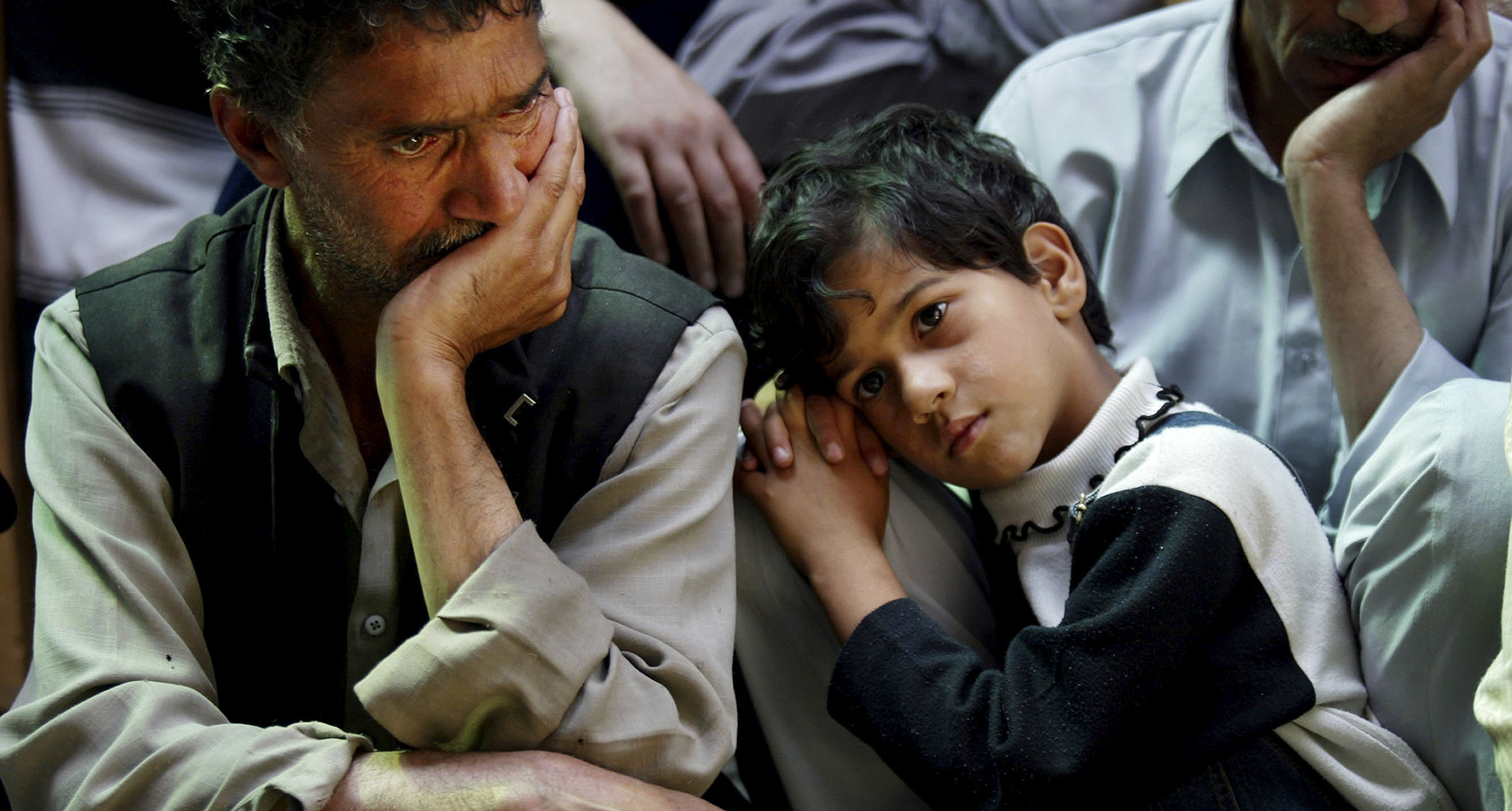
A man and a boy mourn the death of Abdul Rashid Chillo, a senior activist with the ruling National Conference party of Kashmir in Srinagar, in the state of Jammu and Kashmir, India. Chillo was gunned down by militants outside his home in Srinagar in 2002. (Photo by Paula Bronstein / Getty Images)
The Indian military frequented our house, turning over our furniture, threatening my entire family, and searching for my dad. He was in and out of prison, often returned to us with cuts, burns and bruises from torture. I was so proud of my dad as a kid, but as I grew into my teenage years and the volatile socio-political situation of Kashmir continued to worsen, I began to see the darker side of my dad’s brilliance, which still had no name.
It was after one of my dad’s outbursts of rage that my grandmother told me about the time she had taken him to the mental hospital as a teenager. Whispers of pagal had once circulated around his name as well but disappeared as he managed to function in ways that were socially acceptable and even thrive in others.
It was a family secret I only recently uncovered.
Over time, he developed diabetes and hypertension. He was given insulin and expensive medication but was never told that these conditions could be treated with a healthy diet, exercise, and low stress and some change in the socio-political economic environmental system. If any doctor mentioned these treatments, my family would have accused him of being a fake doctor because he did not prescribe those pricey pills.
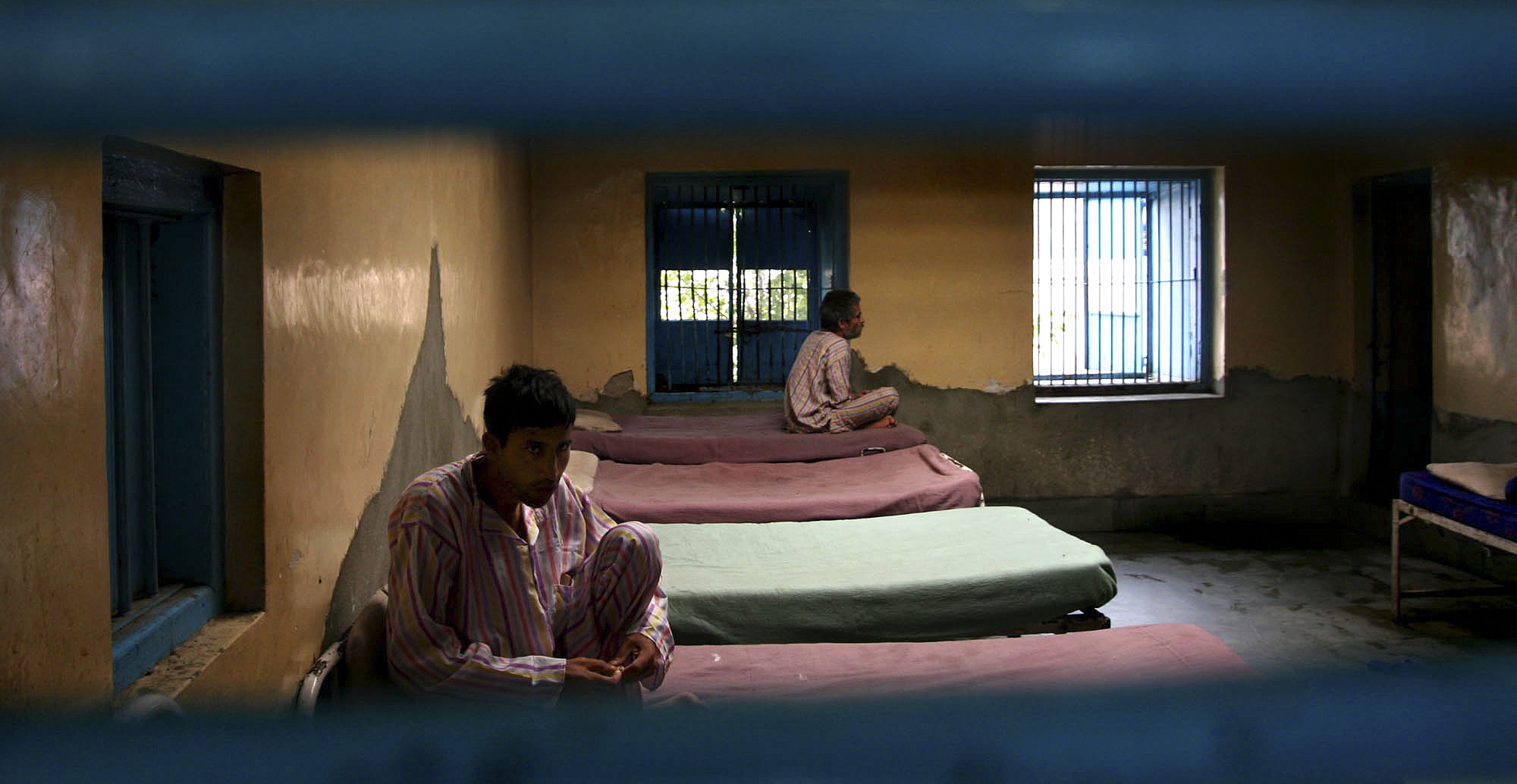
Psychiatric patients rest on their beds inside the only government psychiatric hospital in Kashmir. (Photo: EPA/ A ltaf Qadri)
When his diabetes and hypertension never went away, even with all the long drives to see the city doctors and expensive meds, my family turned to peers (faith healers) who diagnosed him with an evil eye, black magic, or prescribed him “taweez” amulets. Researchers have documented how the dearth of education and services for both mental and physical health have driven many to faith healers because they live locally and share a cultural background.
While my mom and dad had never completed their schooling, it had always been a priority to educate their kids. Despite many obstacles, I thrived and was accepted to a top Indian college in a different state. In my third year, I received a call from my dad saying that he didn’t believe I was really studying and that I was wasting his money. I could tell he was in another rage where his ability to think and make decisions was weak. Nevertheless, I dropped from school and went to work for a handicraft store in Delhi.
One day a girl walked into my shop from Seattle who would eventually become my wife. Somehow I was saved from my dad’s tyrannical brilliance that had become as volatile as Kashmiri politics.
I did not return home from Seattle for four years. When I came home my family and my dad’s business were in disarray. I took my dad to one of the top hospitals in Delhi — Apollo. He was diagnosed with bipolar disorder.
His secret finally had a name.
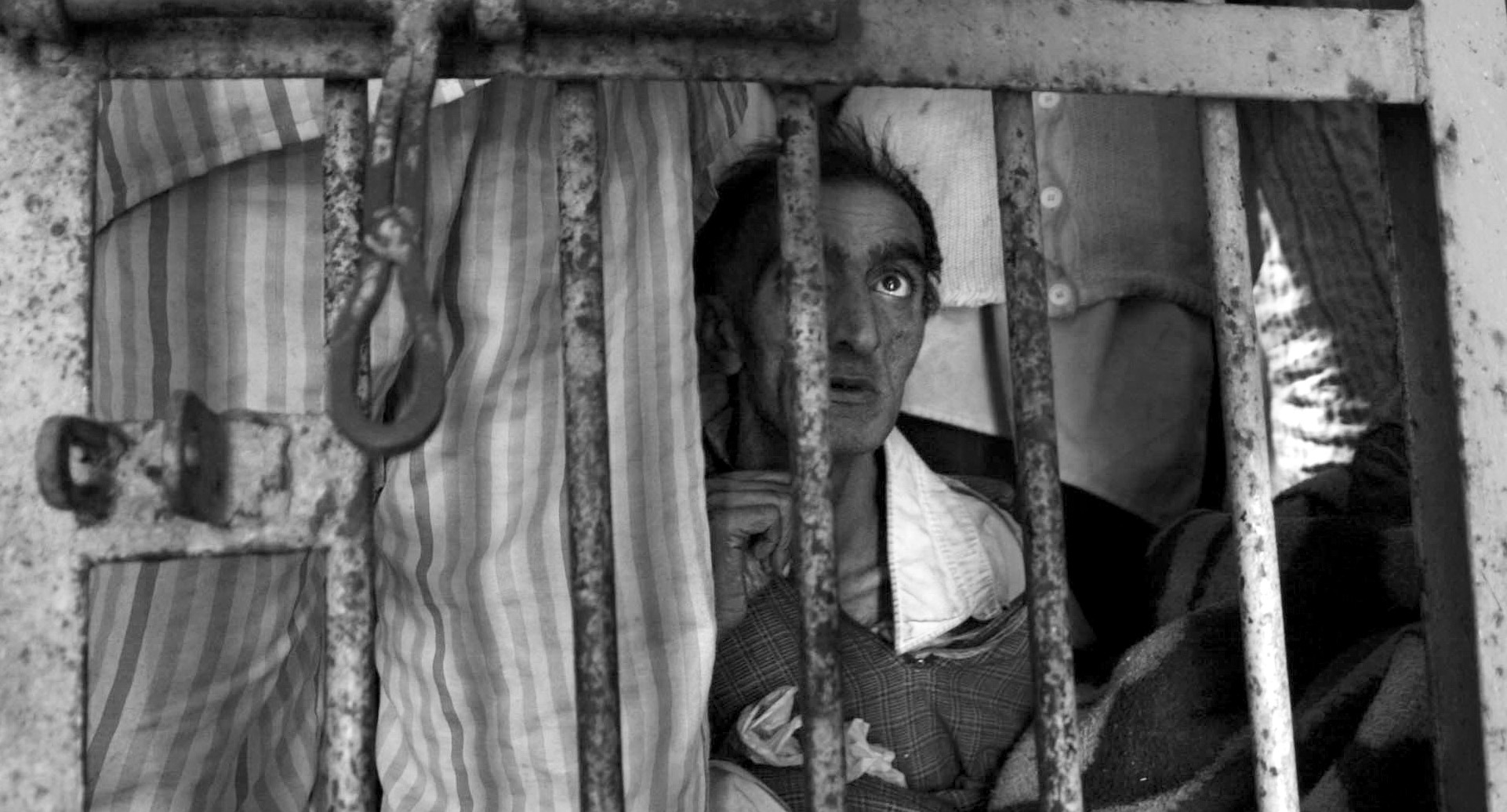
An inmate of the only government psychiatric hospital in Kashmir. Patients suffered bereavements, loss of property or business or alleged torture at the hands of Indian security forces. (Photo: EPA / Altaf Qadri)
My brother-in-law back in Seattle also had bipolar disorder, so I had become somewhat familiar with the diagnosis. However, convincing my dad and my family that he had a mental illness that is treatable remains one of my greatest challenges.
My dad took the medicine prescribed by the Apollo doctor for a short time but started to complain that it made him sick. My grandmother, aunts, and cousins had grown dependent on my dad and in many ways benefited from my dad’s manic moments when he would distribute money and goods like he was the king of the world. They agreed that it was not good to let anyone know about his diagnosis and started telling him that he was fine and did not need medication.
During my next visit home, I was having chai with my wife on the balcony overlooking my dad’s brick factory. A labourer told me I should go help my dad because he was about to get into a fight. I could see him in the distance surrounded by bricklayers, whose manager had arrived earlier that morning. I briskly walked past the makeshift homes and into the crowd. I had barely said “salam” when I felt a brick to the back of my head. The next thing I knew my dad was chasing the manager up and down the mounds of dirt and sand into the neighbouring factory. By the time I got to him, he had an even bigger gash on his head.
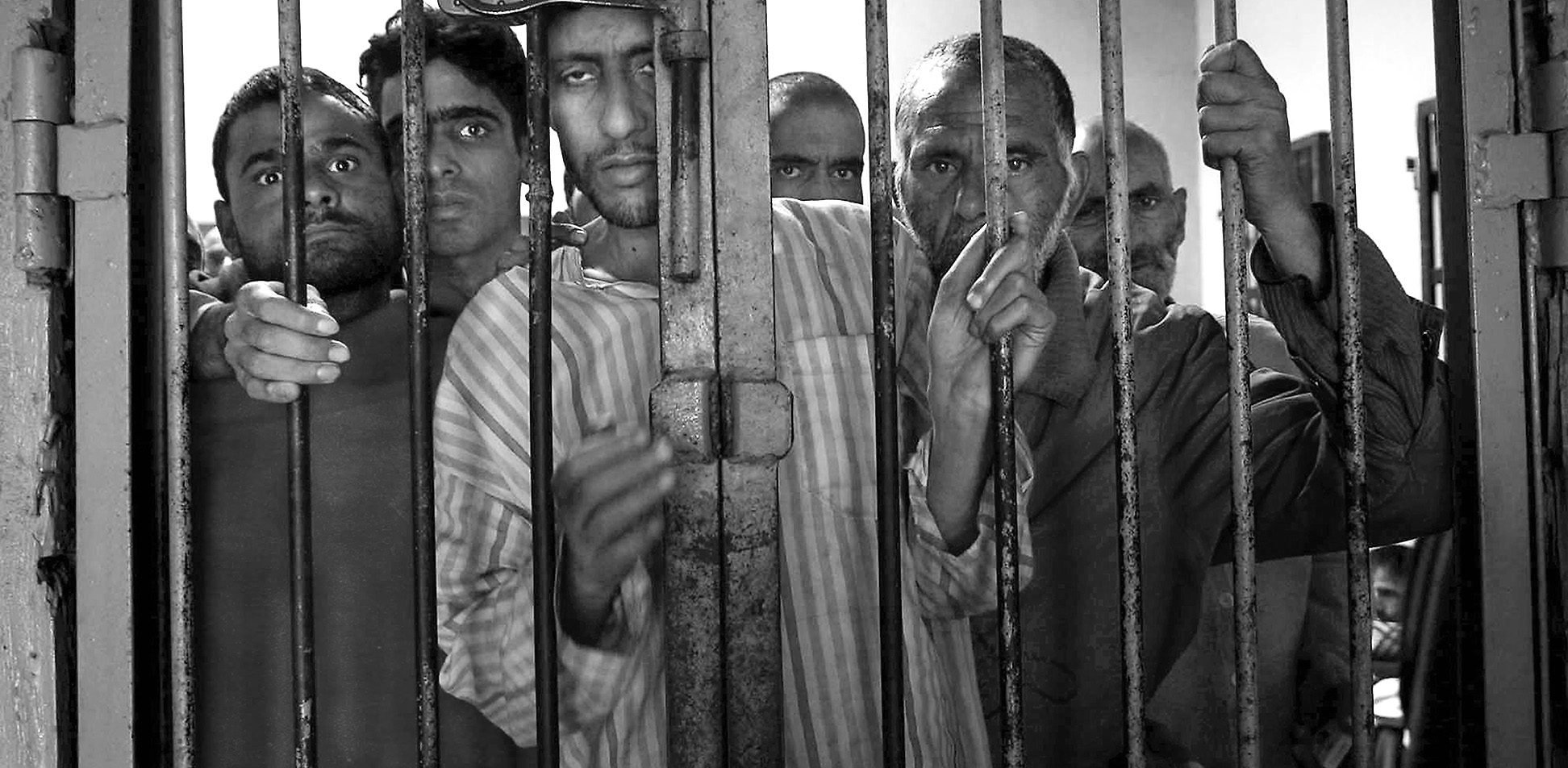
A study shows that 22% of attempted suicides, registered in the only government psychiatric hospital in Kashmir were directly caused by ongoing armed conflict. (Photo: EPA / Altaf Qadri)
My dad was not a violent person. I had seen him offer prayers asking for help with his outbursts but he never understood that this was part of bipolar disorder, compounded by decades of traumatic-stress. It cannot be called post-traumatic stress in Kashmir because the state-sanctioned violence is ongoing.
While at the medical college in Srinagar that night, he was referred to the psychiatric unit. He refused to go and ran away, but I took advantage of the moment to talk to the psychiatrist. I explained to the doctor that my dad refused to take medication. I had tried to grind it up and put it in his lime water and tea but he eventually tasted it and never trusted me again. I asked if there was any treatment for my dad; a place where he could go and get admitted to receive counselling and support.
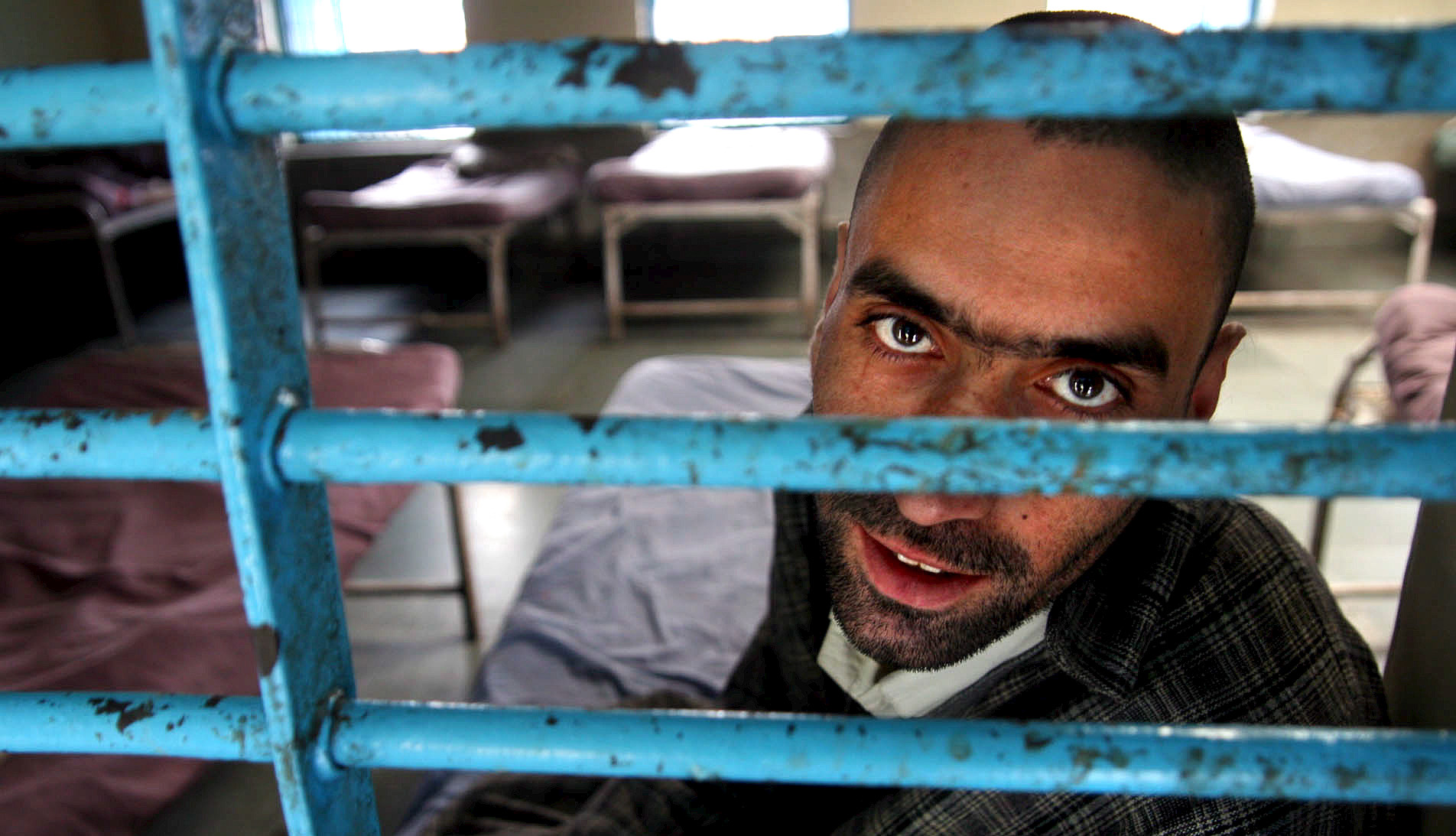
Mohammad Iqbal, a Kashmiri psychiatric patient, looks out of the window of his ward as he sits on his bed inside the only government psychiatric hospital in Kashmir. (Photo: EPA / Altaf Qadri)
The doctor told me that they could only accept patients who voluntarily admitted themselves. I couldn’t believe my ears. How could someone who did not believe in his diagnosis, whose family had kept it a secret since his childhood, and whose life was crumbling around him, voluntarily admit himself to a psych ward? She offered me a liquid form of the medication that did not have a taste in case I wanted to try to slip it in his tea again. I took the medication and left to go find my dad.
The global context
The World Health Organisation (WHO) defines mental health as the “subjective well-being, perceived self-efficacy, autonomy, competence, intergenerational dependence and self-actualisation of one’s intellectual and emotional potential, among others ”.
In short, mental health is a state of well-being where an individual is able to grow physically and intellectually within the contexts of his or her life.
Mental health is a foundational imperative to any healthy society, which is why I was shocked when I discovered that globally only 1% of total government health spending is allocated to mental health and even less in developing countries.
It is documented that 450 million people worldwide have some type of mental illness with an average of 10 million suicides per year.
In lower-income countries, 80% of people go without mental health treatment. Additionally, half of all countries in the world do not have medical and legal review systems to decide who needs hospital care and for how long.
Maybe this was why no one could help my dad. There is no system in place to determine and provide for his mental and physical needs. Maybe this is why so many turn to their local faith healers.
With a population of over 1.3 billion, India has only 4,000 psychiatrists. That would be the equivalent of having two psychiatrists for all of Seattle. Less than 2% of India’s GDP is spent on health care. This means that only 1% of 1% of India’s GDP is allocated to mental health issues.
Now we can imagine how much of that funding likely makes it to Kashmir, the only Muslim state in all of India, whose statehood was revoked in August of 2019. It is reported that according to a 2011 census, Jammu and Kashmir had 41 psychiatrists serving a population of more than 12.5 million, the majority of whom are affiliated with teaching hospitals in the former state’s two capital cities, Jammu and Srinagar.
That means there is little to no care in rural areas. Doctor Majid is the only psychiatrist in the Pulwama district of 1.5 million people. In the 2020 Vice documentary, Majid tells the story of how he sees an average of 200 patients a day when he should only be seeing 20. He describes how he has become a pill prescriber in lieu of a healer due to the current state of mental health affairs.
Connecting the dots
I was among those who teased Gulrez. I did not know that he was suffering from a mental illness that had a name, could be managed or cured. There is a story I like to tell about a pond of fish that reminds me of my own cultural blindness that imprisoned my thoughts in stigma:
“One morning two young fish were out for a swim when they passed by an old fish who inquired, ‘how is the water today, kids?’ The young fish kept swimming. One fish finally looked at his friend and said, ‘what the hell is water?’ They shrugged and decided to go back and ask the old fish. The old fish described that water is wet, that it can be fresh or salty, its molecules are made up of two hydrogen and one oxygen etc. But no matter how much the old fish tried to teach the young fish about water, they still did not understand. In the end, the old fish came to the conclusion, ‘I guess you’ll just have to leave it, to understand it.’ ”
It was not until I left Kashmir that I was able to better understand the stigma around mental illness, the compounding factors unique to Kashmir, and global commonalities.
Mental health is not unique to Kashmir, to my family, or Gulrez. Mental health is a pandemic that has hit the world long before Covid-19. My brother-in-law, mentioned earlier, had access to better education, counselling, and psychiatrists than my dad or Gulrez, but there was still a stigma, especially pertaining to his inability to hold a job. He has been missing for over a year now. So much money, media coverage, resources, and attention by global entities have been given to Covid-19. Why have we not seen such efforts and resources allocated to the mental health pandemic?
Ten million suicides per year is a death toll that far surpasses Covid-19’s.
The role of a nurse
As I enter into the nursing field I feel a great responsibility to serve and advocate for those suffering from mental distress. I have been given the opportunity to see the bigger picture, to leave the pond.
When patients come to us in clinics, helicopters, ambulances, and hospital wings, we treat the symptoms of their medical problems. However, their causes are embedded in the reality outside these doors. We have to take into consideration socio-political, economic, environmental, racial, religious, and historical contexts in which our patients live.
Nursing goes far beyond the bedside. Nurses are political.
In relation to mental health, we need to create a social awareness campaign that surpasses that of Covid-19. NBC nightly news interviews a new family every night who has been affected by Covid-19. We can also interview families who have been impacted by the mental health pandemic. So much effort has gone into teaching the public about the importance of wearing a mask, washing hands, social distancing, and PPE. Let us invest the same efforts towards creating awareness around mental health or address the causes of mental health issues.
For instance, if you look at the history of Kashmir, before the Indian occupation, mental health issues were minimal. But in the last three decades, we have seen the cases skyrocket to more than half of the population.
On my next return home, I will be working on a rural mental health clinic and educational centre not far from Gulrez’s apple orchard. We have already found the land and started getting water and electricity hooked up. This is a small project in the larger goal of making this secret pandemic known. DM/MC
Syed Zahid Rizvi is a student of philosophy, sociology, and nursing at the University of Washington. He is a long way from the Himalayan foothills of Kashmir where he grew up running through rice fields. He currently resides in Seattle, Washington, but returns to Kashmir often where he is working to improve mental health awareness and infrastructure. You can contact the author via email at [email protected].





















 Become an Insider
Become an Insider
This article brings so much awareness around Kashmir, it’s conflict and how it affects mental health. I am shocked to read data regarding support we get for mental health. Well written and heartfelt article.